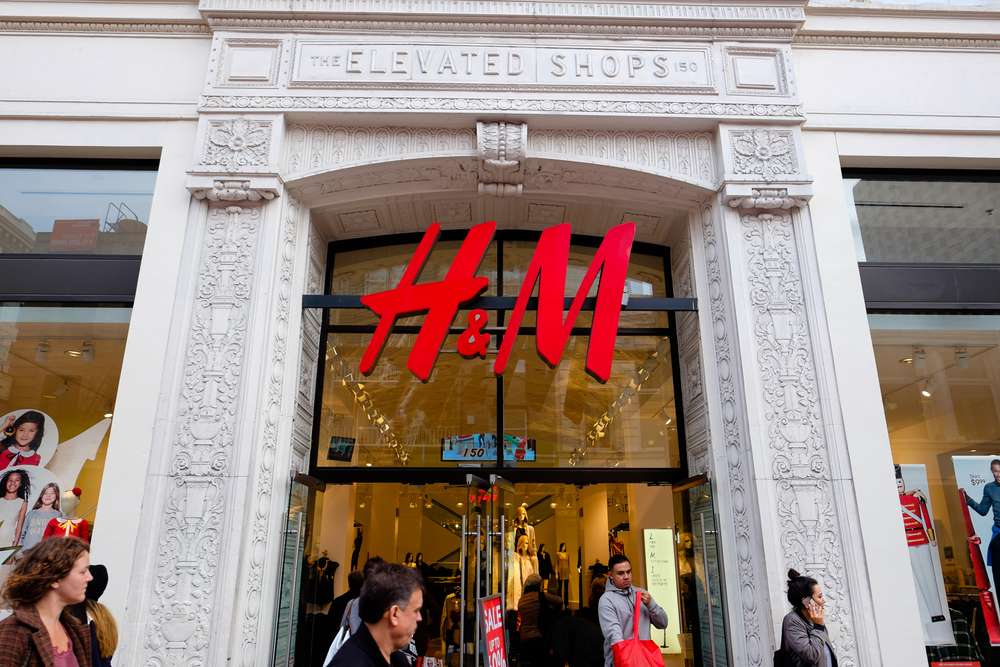H&M, Recover™ Sign Multi-Year Partnership to Scale Recycled Cotton Supply

- Recover™ to supply mechanically recycled cotton at industrial scale for H&M’s global collections.
- Agreement advances H&M’s 2030 goal to use only recycled or sustainably sourced materials.
- Collaboration builds circular textile infrastructure across Europe, Asia, and the Americas.
Partnership Anchored in Circular Fashion Goals
Barcelona-based textile recycler Recover™ has signed a multi-year supply agreement with H&M Group, enabling large-scale integration of its mechanically recycled cotton—branded as RCotton—into the retailer’s global product lines. The deal formalizes a collaboration that began in early 2024 and positions both companies at the forefront of industrialized circular textile production.
Recover operates five recycling hubs strategically located across Europe, Asia, and the Americas, situated near major textile manufacturing regions. Its vertically integrated system turns post-industrial and post-consumer textile waste into new cotton fiber while maintaining traceability, fiber consistency, and quality at scale.
Scaling Recycled Fiber Infrastructure
The partnership is designed to address one of fashion’s most persistent challenges: reliable, high-quality access to recycled fibers. For H&M, the agreement strengthens its long-term material transition strategy, which aims to decouple business growth from virgin resource extraction.
Recover’s CEO Anders Sjöblom described the collaboration as essential to industry transformation: “Reliable access to recycled fibers at scale, with full traceability and quality consistency, is vital for the industry’s transformation. Our collaboration demonstrates how innovators and leading global brands can work together to make circular fashion available to all.”

For H&M Group, the move aligns with its commitment to source 100% recycled or sustainably produced materials by 2030. The brand’s Head of Materials and Components, Ulf Krigsman, emphasized that investments in textile recycling infrastructure are central to achieving that target: “To increase the availability and affordability of recycled and sustainably sourced materials, we invest in, test, and scale innovative solutions and infrastructure. Recover’s expertise and proven ability to deliver recycled cotton at commercial scale make them a valuable partner.”
RELATED ARTICLE: H&M Drops Circularity-Driven Denim Collection
From Pilot to Production
The agreement transitions H&M’s use of Recover’s RCotton from pilot testing into full commercial deployment. Over the past year, the two companies collaborated on product development and performance testing to ensure recycled fibers could meet the durability and quality standards required for mainstream collections.
Recover’s proprietary mechanical recycling process shortens and re-spins discarded cotton textiles into new fiber blends, minimizing energy and water use compared with virgin cotton production. The company’s ability to deliver traceable, high-volume fiber streams has made it a preferred partner for major brands pursuing measurable progress toward circularity goals.
Implications for the Fashion Sector
The Recover–H&M partnership comes as the global textile industry faces mounting regulatory pressure to accelerate material circularity and waste reduction. The EU Strategy for Sustainable and Circular Textiles, along with new extended producer responsibility (EPR) frameworks in several European markets, are compelling brands to disclose material traceability and recycling rates.
By securing long-term access to a stable supply of recycled cotton, H&M strengthens its ability to comply with these evolving standards and maintain competitiveness in a market shifting toward transparency and lifecycle accountability.
For Recover, the partnership enhances operational stability and global reach, allowing it to expand fiber capacity and support a growing portfolio of brand partnerships seeking recycled cotton at industrial scale.
Broader ESG and Market Context
The agreement also resonates across the ESG investment landscape, where investors increasingly assess brands’ exposure to resource risk and supply chain circularity. Cotton is among the most water- and land-intensive crops globally; substituting recycled fiber directly reduces environmental impact while offering traceable emissions benefits that can feed into Scope 3 accounting frameworks.
As apparel companies race to meet tightening sustainability disclosure requirements under the EU Corporate Sustainability Reporting Directive (CSRD) and other global frameworks, verifiable supply chain partnerships like this are becoming essential to credible ESG strategies.
Global Outlook
While recycled cotton currently represents a small fraction of the global fiber market, partnerships between recyclers and large-scale retailers are accelerating capacity growth. Industry analysts estimate that demand for recycled textiles will triple by 2030, driven by regulation, investor scrutiny, and consumer preference shifts toward sustainable fashion.
The Recover–H&M agreement illustrates how collaborative industrial scaling—rather than isolated innovation—may define the next phase of circular fashion. As both companies expand their global recycling footprint, the initiative is likely to serve as a model for aligning commercial production with climate-aligned material sourcing.
Follow ESG News on LinkedIn












